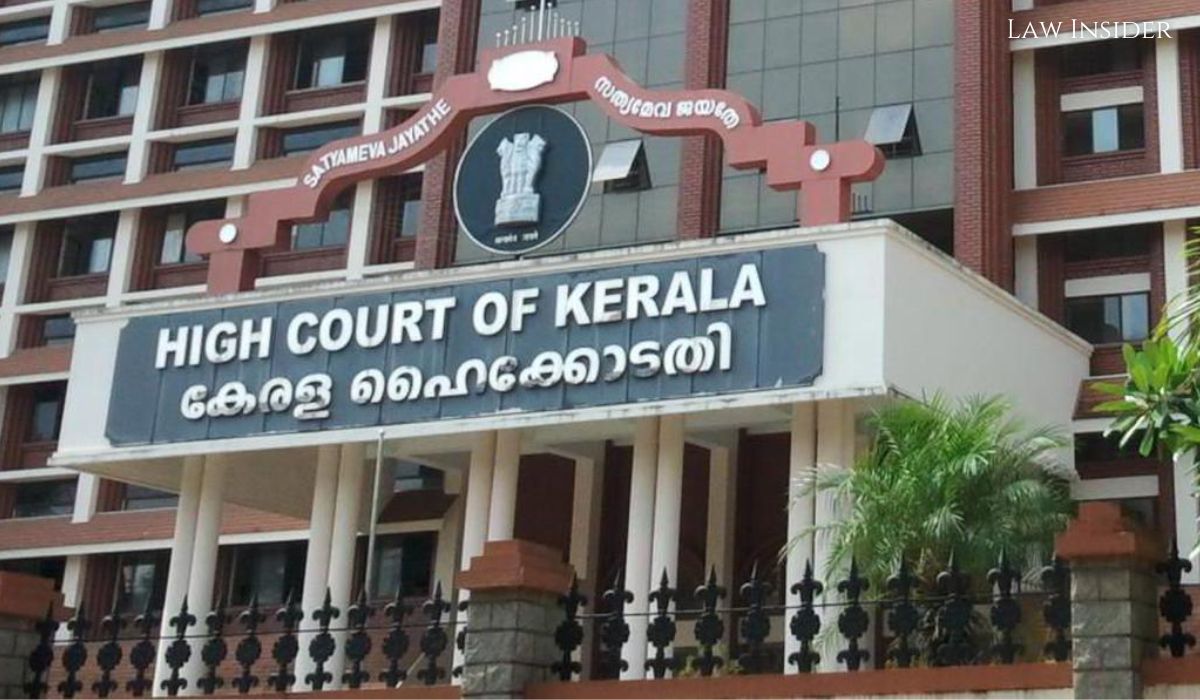LI Network
Published on: 31 July 2023 at 17:15 IST
The Kerala High Court has ruled that charges collected from customers for the sale of customized software are not exempt from the levy of sales tax under the KGST Act (Kerala General Sales Tax Act).
The court referred to a Supreme Court decision (Commissioner of Service Tax, Delhi v. Quick Heal Technologies Limited) that supported this interpretation.
The High Court, presided over by Justice Mohammed Nias C.P, observed that the fact that the software was customized for a specific user and not sold to others does not exempt it from sales tax liability under the KGST Act.
The court emphasized that even if software is tailored for a particular user, it is still considered “goods” for the purpose of sales tax levy, as it possesses utility, can be bought and sold, and can be transferred, delivered, stored, and possessed.
The case involved a respondent (assessee) engaged in the software business. During the relevant period, computer software attracted a 4% ad valorem tax under Entry 56A of the First Schedule to the KGST Act.
The respondent did not register for sales tax, assuming that only service tax applied to the supply of customized software to clients. Consequently, the Sales Tax Department initiated penalty proposals against the respondent for failure to register and pay taxes on the sale of customized software.
The Tribunal confirmed the penalty, prompting the respondent to appeal to the High Court, which remitted the matter back to the Tribunal for reconsideration.
The Tribunal, in the de novo proceedings, ruled in favor of the respondent, holding that sales tax on customized software and website development charges were not legally sustainable.
Accordingly, the Tribunal deleted the penalty. Subsequently, the Revenue Department approached the High Court.
Considering the issue’s complexity and the ambiguity surrounding the taxability of customized software during the relevant period, the High Court found sufficient cause to delete the penalty imposed on the respondent.
The court clarified that penalties under taxing statutes are usually imposed for willful suppression or contumacious conduct aimed at evading taxes.
In this case, the court did not find any such conduct on the part of the respondent to warrant the imposition of a penalty.

